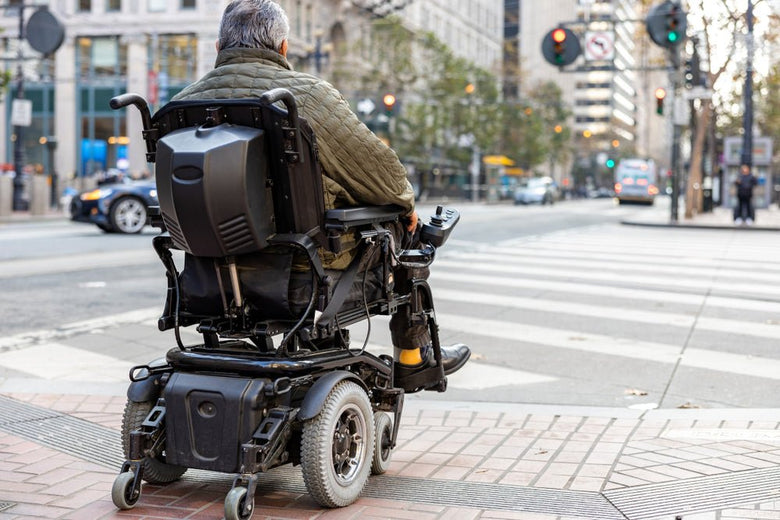As we age, securing a good night’s sleep can become increasingly challenging. Many turn to supplements for help, with melatonin often considered a natural sleep aid. But is melatonin safe for elderly people? This question is crucial as the elderly population may react differently to medications and supplements.

Understanding Melatonin
Melatonin is a hormone naturally produced by the body’s pineal gland. It helps regulate sleep-wake cycles and is instrumental in maintaining our sleep patterns. As people age, the production of melatonin may decrease, leading to sleep disturbances.
Melatonins Role in the Body
This hormone’s primary role is to modulate the body’s circadian rhythm. It helps signal the brain when it’s time to sleep. For seniors struggling with sleep, boosting melatonin levels might seem like a safe bet.
Diminished Melatonin Production in Seniors
With advancing age, the body’s ability to produce adequate melatonin can dwindle. This reduction can contribute to sleep issues prevalent among elderly individuals, making supplements a common consideration.
The Safety of Melatonin for Elderly People
The central question remains: is melatonin safe for elderly people? Research indicates that low-dose melatonin supplements can be safe for seniors when used under medical supervision. However, the responses may vary based on individual health conditions.
Potential Benefits
For elderly individuals dealing with sleep disorders, melatonin might aid in falling asleep faster and experiencing fewer nighttime awakenings.
Considerations Before Use
Although largely considered safe, there are aspects seniors should consider. When thinking ‘is melatonin safe for elderly individuals in every case’, potential side effects, interactions with current medications, and underlying health conditions should be evaluated.
Possible Side Effects
Side effects of melatonin can include dizziness, headache, and short-term feelings of depression. Although rare, these should be monitored closely, especially in seniors.
Doctor Consultation is Key
Before starting any supplement, including melatonin, it is crucial to consult with a healthcare professional. They can provide a personalized assessment, considering all health aspects.
How to Use Melatonin Safely
If you are considering melatonin, use the supplement as directed by a health specialist. Starting with the lowest effective dose is often advisable to minimize potential risks.
Timing and Dosage
The dosage and timing of melatonin are crucial. Taking too much or at the wrong time may disrupt sleep rather than enhance it.
Other Sleep Improvement Methods
While asking is melatonin safe for elderly individuals, it’s also vital to consider other methods to improve sleep quality, which might complement or even replace supplement use.
Adopting Healthy Sleep Habits
Improving sleep hygiene through regular exercise, reducing screen time before bed, and maintaining a consistent sleep schedule can aid in achieving restful sleep. Learn more about developing healthy routines for seniors.
Exploring Medical Conditions
For any unresolved sleep issues, it’s essential to explore whether underlying medical conditions such as those discussed in medical condition solutions might be at play.
Legal and Commercial Aspects
Melatonin is available over-the-counter in many places, but regulation varies. Familiarizing oneself with local guidelines is important.
Conclusion
Is melatonin safe for elderly people? The short answer can be yes, but it comes with considerations that must be tailored to the individual.
Creating a Sleep-Friendly Environment
In addition to supplements, creating a calming nighttime environment can support better sleep. Consider changes to support well-being, like those mentioned in balance.

FAQs
Are there risks with long-term use of melatonin?
It is always best to use melatonin under the guidance of a healthcare professional, especially for prolonged periods.
Can melatonin interact with medications?
Yes, melatonin can interact with medications. Consult your doctor to ensure it won’t interfere with current prescriptions.
Does melatonin help with daytime alertness?
Melatonin is designed to regulate sleep patterns; however, improved sleep at night can contribute to better alertness during the day.
This article contains affiliate links. We may earn a commission at no extra cost to you.

